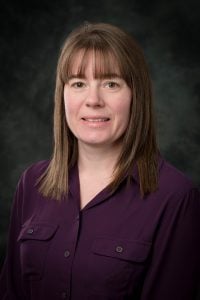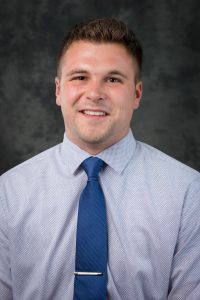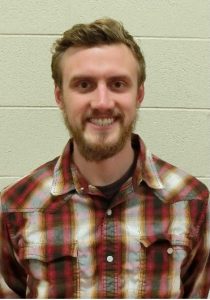by Vice President for Research Office
Vice President for Research David Reed announced the selection of two associate vice presidents—Jason Carter, associate VP for Research Development and James Baker, associate VP for Research Administration. Both will begin serving in their new roles on July 1.
Carter will provide strategic leadership with a focus on the coordination and promotion of excellence in research. This includes the facilitation of developmental opportunities, the oversight of academic/virtual centers and core facilities, and activities related to the translation of research discoveries into application.
Baker will also provide strategic leadership and direction, however, he will focus on the planning, implementing, improving and evaluating of the VPR administrative sponsored programs and sponsored accounting, industry contracting and the technology commercialization units while promoting operational improvements.
According to Reed, these two positions will help the overall unit strategize the best ways to efficiently handle the administrative needs of a growing research institution. The realignment in services will help to improve the coordination of activities across divisions and serve the researchers in a stronger capacity as the campus community works to achieve future institutional research goals.


